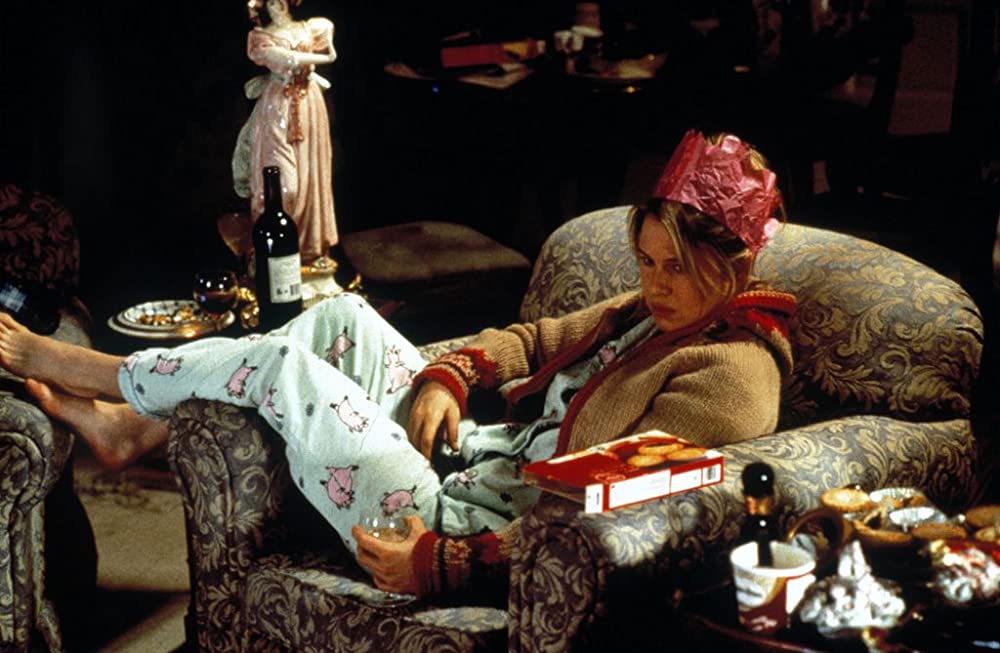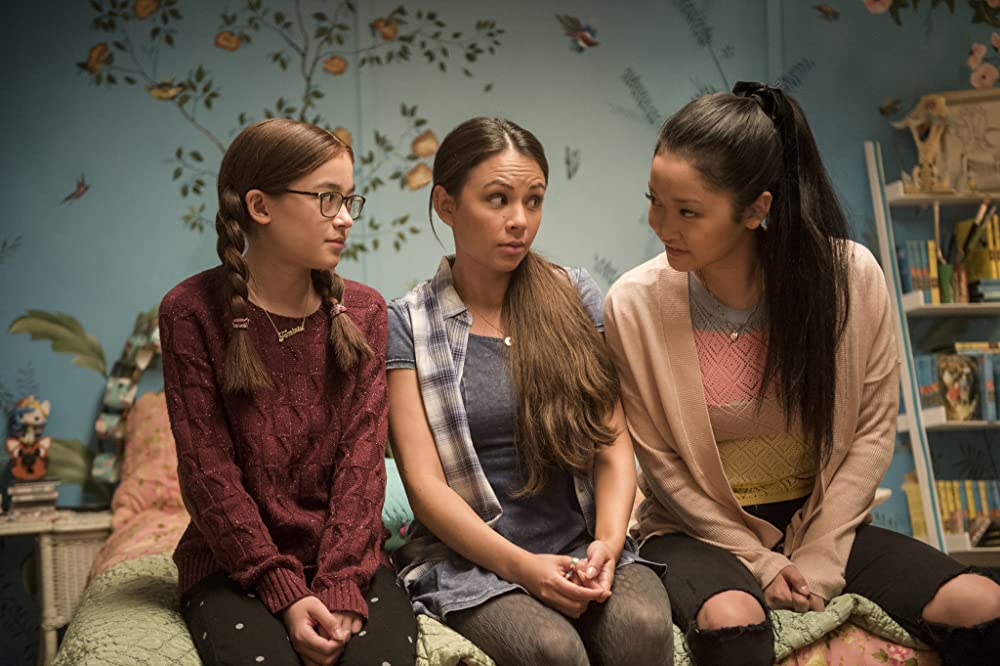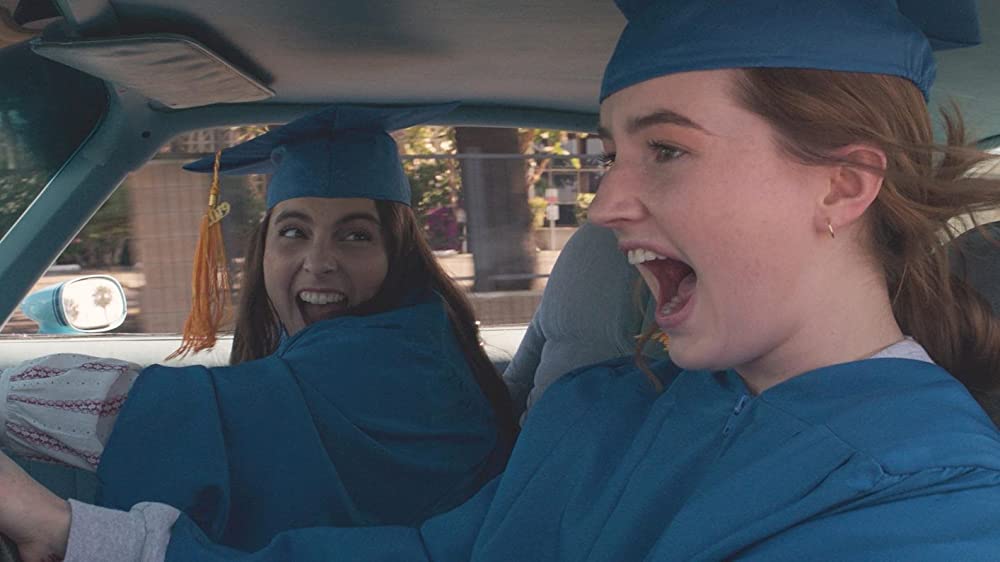By Alice O'Rorke, Second Year, English Literature
Valentine’s Day: a day of chocolates, flowers and stuffed teddy bears. The day that every shop window is filled with red heart cut outs and every TV-channel is screening romantic comedies. But this year, rather than cashing in on clichéd rom-coms, I’m advocating for an alternative Valentine's Day watchlist.
Although the roots of Valentine’s Day date back as far as the Roman times, in recent years, this day has become immensely commercialised, with £1.45 billion spent for Valentine’s day in the UK alone last year.
Hollywood has been a huge contributor to this commercialisation, creating a plethora of films featuring ‘Valentine’ in their title, in order to reach mass audiences and maximise their income. These include the horror My Bloody Valentine (1981), the animation A Charlie Brown Valentine (2002), and of course the cringey romantic comedy Valentine’s Day (2010), budgeted at $52 million.

The portrayal of Valentine's Day romance in films is fairly predictable, with Hollywood cashing in on commercial value, making the day unavoidable for all. There are hundreds of lists online of recommended films to watch on Valentine’s Day, the vast majority lists of romantic comedy films and each one suggested has the same cliched plot line:
Girl meets boy. Girl falls for boy. Something goes wrong. Girl or boy gets mad. Dramatic moment. Girl and boy live happily ever after.
Films such as To All the Boys I’ve Loved Before (2018), Notting Hill (1999), Bridget Jones' Diary (2001) as well as any Nicholas Sparks or Hugh Grant film, all closely follow this storyline, and so are, unsurprisingly, all recommended in any ‘Top Films to Watch on Valentine’s Day’ list. This inescapable portrayal of love is immensely limiting.

These films reduce the struggles of real-life relationships, romanticising the peaks and troughs of love and showing a very simplified version of romance. They fail to teach the values needed for a relationship: the importance of compromise, the bad days, and instead give a fake expectation to young people about what love is supposed to be. The films always end before the real relationship begins, whilst the ‘honeymoon period’ is still in full effect, which creates a huge pressure for relationships to be as perfect as Hollywood depicts. This pressure is maximised on Valentine’s Day, as people feel a need to be dating on this day of love.
I remember feeling this pressure myself when I was ten years old. My friends insisted that I put a Valentine’s Day card into the locker of the boy I fancied at the time. A memory that remains embarrassing to me, he found out the card was from and I was teased by the boys at my school for a week, until they lost interest.
This Valentine’s Day pressure is demonstrated by Dating.com’s statistic that last year, that online dating activity increased by 18% between February 1st and February 14th. And of course, this is an annual occurrence. The lead up to Valentine’s Day can be daunting and remains a stark reminder to those desiring a relationship that they are single. It is demoralising when, even a film titled I Hate Valentine’s Day (2009) is in fact a romantic comedy. The portrayal of this day in films leaves little room for escape.

When I explained my angle on this article to a friend, he said to me ‘I’m surprised, I thought you would love Valentine’s Day,’ referring to the fact that I am in a relationship. I have to admit that I am partial to a romantic comedy, and I love the relationship that I am in. But I object to the fact that only those in relationships really have the chance to freely enjoy this day.
It is demoralising when, even a film titled I Hate Valentine’s Day (2009) is in fact a romantic comedy
Couples already have anniversaries, birthdays, Christmases and so many other opportunities to show their love to one another and shower each other in gifts (if they choose to). Valentine’s Day, and all that it is depicted to be, is an unnecessary addition to this list.
Although I'm sure I have come across as somewhat cynical in this article, the point that I want to make is that the commercialised version of Valentine’s Day, greatly caused by Hollywood’s portrayal of whirlwind love stories, and of love in general, can create a pressure to be dating. When you strip that all back, the true purpose of this day is to be with those who you love.
Malcolm & Marie is a puzzlingly dense film which asks big questions about love
Five films about the HIV/AIDS crisis to watch this LGBTQ+ History Month
If, like me, you also want to celebrate an alternative Valentine's Day this year, here are my top five film recommendations:
- Thelma and Louise (1991)
- Booksmart (2019)
- The Incredibles (2004)
- Spirited Away (2001)
- I Am Not an Easy Man (2018)
Celebrate this day as you please. But remember, there is no need for the chocolates, the teddy bears, cut-out hearts and cheesy rom-coms. Just be present and enjoy a pressure-free day.
Featured: IMDb
What will you be watching this Valentine's Day?
Epigram Film & TV / Twitter / Instagram







